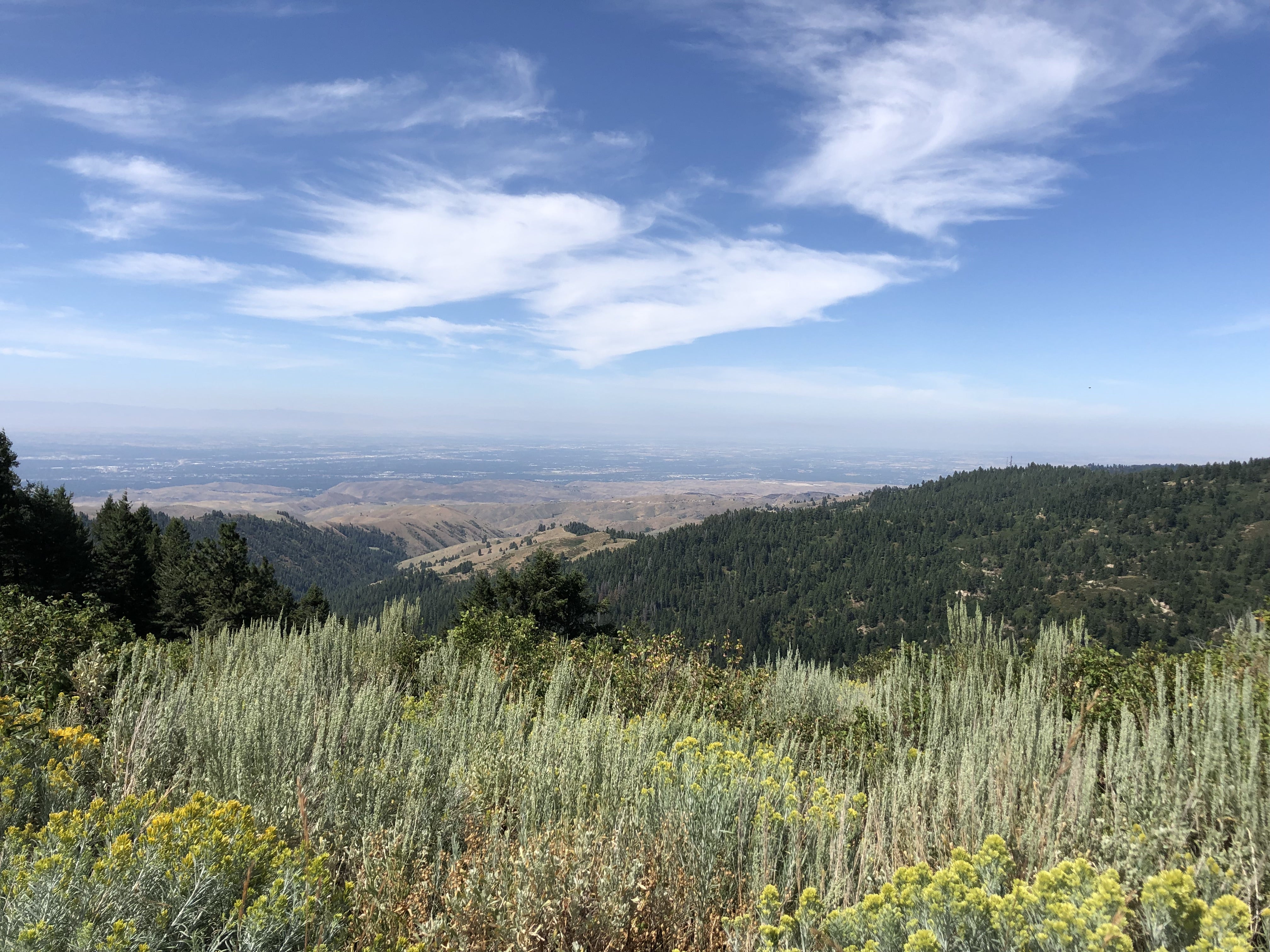
Abstract
Place captures not only a physical setting, but human experiences and interpretations as well. The human-place relationship can be better understood through the lens of sense of place, which includes components of identity, dependence, meaning, attachment, and satisfaction. Many studies have already sought to understand and measure sense of place in amenity landscapes known for their scenic beauty; however, few have addressed it in regard to working landscapes and “mundane” sagebrush landscapes. To address this gap, this project will advance sense of place theory through an exploration of the relationships between Idahoans and the sagebrush landscapes they call home.
Project Highlights
- Investigating the links between physical landscape characteristics and sense of place in sagebrush landscapes through surveys and interviews
- Contributing to a better understanding of how sense of place measures can be adapted from amenity landscapes to working landscapes
- Understanding the role of sagebrush in shaping Idahoans’ sense of place
Team
Haley Netherton-Morrison, Boise State University
Kelly Hopping, Boise State University
Morey Burnham, Idaho State University
Rebecca Som Castellano, Boise State University
Matt Williamson, Boise State University
Funding
This project is supported by the NSF Idaho EPSCoR Program and by the National Science Foundation under award number OIA-1757324.

